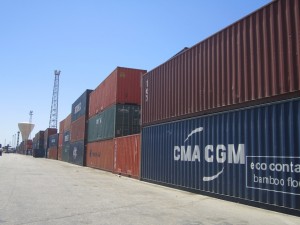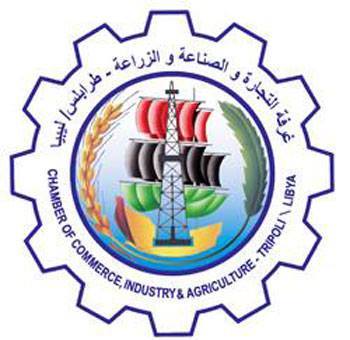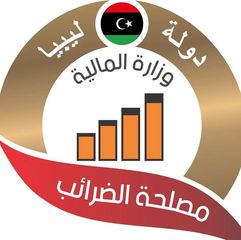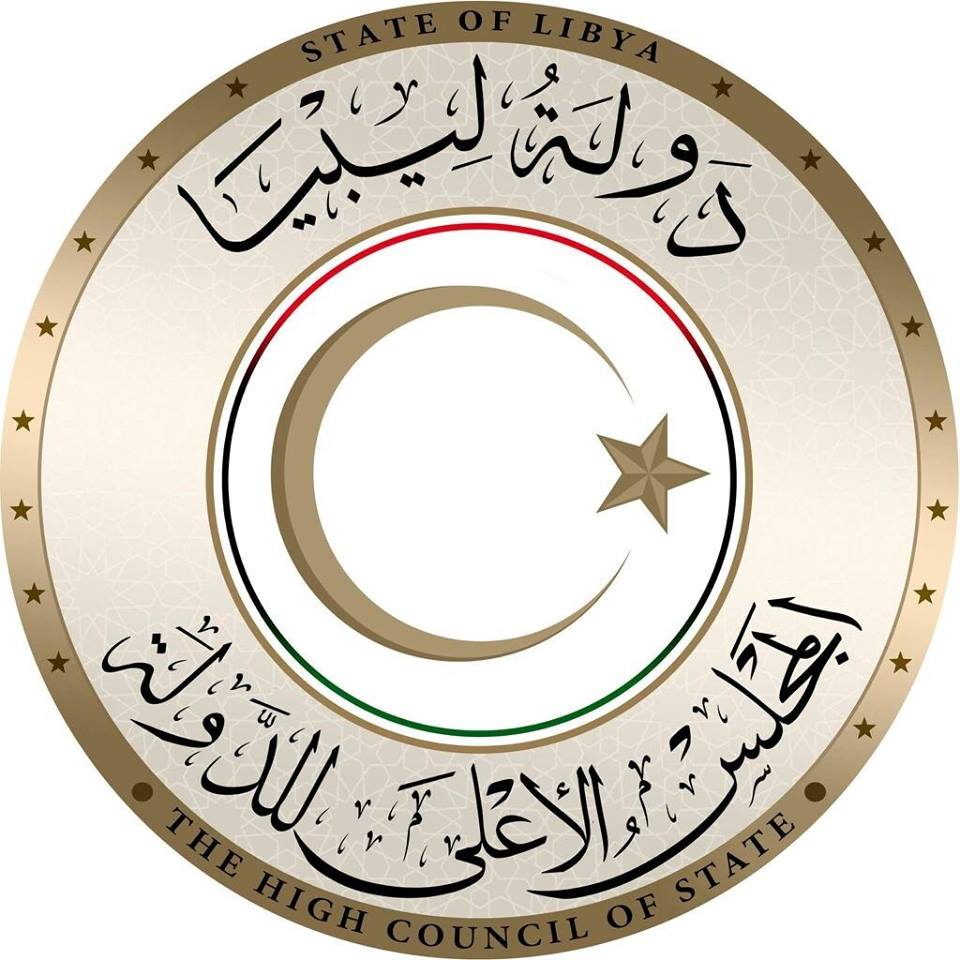By Sami Zaptia

London, 10 March 2016:
There are more than 500 abandoned containers in Tobruk port, Tobruk Deputy Port Manager, Omar Jilghaf . . .[restrict]told Libya News 24 yesterday as a result of the financial corruption that the country is experiencing.
He said that some have been in the port for more than 5 months and that most of the goods in them had perished and began to let off a foul smell. The containers had passed the legal time limit permitted by Libyan customs and that the port authority is in the process of disposing of or selling by auction their contents, he added.
‘‘Financial corruption is (the reason) behind these abandoned containers as some traders scramble for letters of credit (LCs) from banks at the official exchange rate. They buy cheap or useless products and leave them inside the port after they receive their hard currency which they use as they wish’’
The Deputy Manager said that some containers were actually empty and others contain products that no one needs – all done through fake and incorrect transactions. In some containers alcohol and (hallucinogenic) pills were found – all as a result of traders seeking dollars which they are not entitled to, he maintained.
The phenomenon of containers arriving at Libyan ports either empty or filled with goods costing a token of their declared price on official customs declarations forms has grown in post-revolutionary Libya as a result of the weak state and its weak enforcement and inspection institutions.
In theory, goods arriving at Libyan ports imported through the opening of LCs at the official exchange value of about LD 1.30 (as opposed to the black market rate of LD 3 to 4.50) to the dollar, are supposed to be inspected by customs officers to confirm that their contents tally with their pro forma invoice in value and specifications.
If the inspections of containers by customs officials at Libyan ports raise concerns, the LCs are supposed to be stopped. However, by bribing or in the case of militias coercing customs, port and bank officials, fake import transactions are able to get through.
As a result, corrupt ‘‘traders’’ in collaboration with bank, port and customs officials, are opening LCs in the millions of dollars which are transferred abroad – but in return for either grossly undervalued goods or indeed empty containers.
The scam is costing Libyans hundreds of millions in hard currency at a time when low oil production and exports and low international crude oil prices mean that Libya’s hard currency revenues and reserves are depleting fast.
Commenting on the news, leading Libyan businessman Husni Bey whose group of companies are one of the largest importers of goods into Libya, said ‘‘we thank the Deputy Manager of the port of Tobruk for exposing and broaching the subject’’.
‘‘I ask him and the rest of the managers of Libyan ports to quote the names of the companies involved in the import, the names of shareholders of these companies, the names of the directors and the names of the signatories of the companies’ bank accounts’’.
‘‘I also request the names of the shipping lines, forwarders and carriers’ agents of those to be revealed. A thorough independent investigation must be carried out’’, Bey added.
Speculating on the possible size of the problem, Bey said ‘‘If there are 500 abandoned containers in the port of Tobruk, this is just the tip of the iceberg, then certainly there are 10,000 abandoned containers across all Libyan ports’’.
‘‘I hope that we call criminals “criminals” and not “traders ” because criminal offenders must be called “criminal” and not by any other misleading name “, Bey concluded.
It will be recalled that in February this year the Attorney General/Public Prosecutors Office had issued a number of arrest warrants for financial corruption including for abandoned containers in Tripoli port that first came to light in August 2015.
In November 2015 it was reported that 110 containers of rice unfit for human consumption were unloaded at Tripoli port. Social media had shown photos of insect infected rice.
The insect-infected 110 containers were reported to be part of a larger deal totalling 400 containers for 10,000 metric tons of rice at an estimated value of LD 10.3 million. [/restrict]








